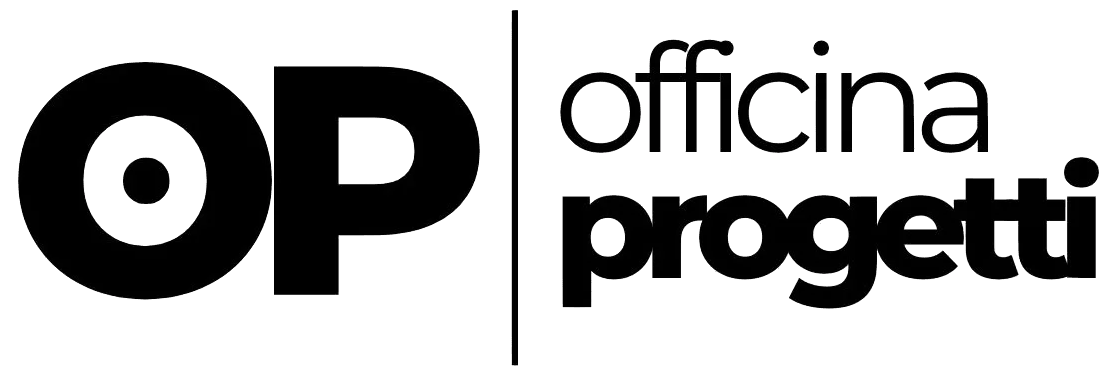In recent years, the international political landscape has seen developments that call for serious reflection. Both in the United States and Russia, we’ve witnessed a growing concentration of power in the hands of a few, often at the expense of freedom and democratic principles.
In the United States, the return of figures like Donald Trump and the rise of the MAGA movement have reignited fierce debates and controversies. The influence of economic elites, along with the emergence of increasingly polarised political factions, has deepened the divisions within American society.
Meanwhile in Russia, Vladimir Putin’s government has tightened its grip on power through close ties with influential economic actors, creating a political environment where genuine pluralism is becoming ever more restricted.
This centralisation of power and the erosion of democratic checks and balances have raised concerns, both domestically and abroad.
It’s clear that when a politician stays in office for many years and removes opposition figures, even under a veneer of democratic process, they can no longer be considered part of a true democracy.
The same applies to the United States, as it did in Italy under Berlusconi: when political power merges with the private interests of billionaire businessmen who control the media and distort public information, the electoral process can no longer be seen as genuinely democratic.
The conflict of interest becomes stark when those with vast media influence use it to sway public opinion in their favour, silencing diverse voices and stifling open debate. In such scenarios, economic power becomes a political weapon, undermining the foundations of democracy, built, as they are, on equal opportunity and transparency.
An electoral contest in which information is manipulated to benefit one candidate cannot be called fair. It denies citizens the ability to form free and informed opinions.
Clearly, our future will not be built by backing oligarchs or billionaires, but by making political choices that prioritise the common good and uphold democratic values.
So, who will steer us away from these authoritarian trends? Today’s world order has changed. And although this new Europe, reborn from the ashes of two world wars, is under pressure from populism, it still seems committed to protecting its citizens’ freedom, defending the rule of law, and upholding the principles of democracy.
Yet, as we’ve seen in Ukraine and Gaza, Europe’s role as a champion of democratic values is often compromised. It frequently finds itself in a delicate and subordinate position.
The countries of the European Union remain divided and cautious, torn between the desire to act and the fear of political or economic fallout shaped by larger global powers.
Under the strain of migration crises and international conflicts, Europe is in a difficult spot. While it contemplates rearmament and makes public declarations in defence of democracy, its actions have often been hesitant, more attuned to external pressures or narrow interests than to its own internal cohesion. This hesitancy has allowed hostile forces to undermine its autonomy.
Perhaps it’s time for Europe to reclaim a stronger role in promoting democracy and defending human rights, not only within its borders, but on the global stage.
China, another major player often underestimated, follows a pragmatic and efficient path, focused squarely on its strategic and commercial interests. With a highly centralised system it defines as “democratically Chinese,” it shields its people from foreign influence while closely monitoring global developments.
For years now, China has prepared for defensive confrontation, but has avoided direct involvement in Western affairs, preferring instead to maintain a global balance of power that favours its own position.
Western-style democracy, where liberty and human rights are meant to be fundamental, is proving difficult to reinforce, improve, or even preserve, especially in the short term.
To sustain it, we need a collective and sustained effort, one that strives to build a society where power serves the public good, rather than narrow self-interest. It’s vital that everyone recognises that the freedom to participate, to speak one’s mind without infringing on the rights of others, is not guaranteed. It’s something we must actively defend, just as those before us once did.
The real hope for a fairer, more democratic future doesn’t lie solely in institutions or today’s leaders, but in our shared ability to act responsibly and with awareness, so that politics once again becomes a space for dialogue, collaboration, and shared progress.


